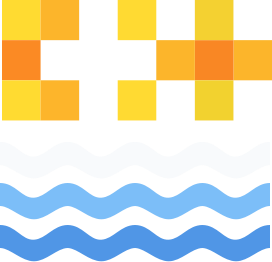Use the official range-v3 with MSVC 2017 version 15.9--CoderCasey
Everything is in the title.
Use the official range-v3 with MSVC 2017 version 15.9
by CoderCasey
From the article:
We’re happy to announce that the ongoing conformance work in the MSVC compiler has reached a new milestone: support for Eric Niebler’s range-v3 library. It’s no longer necessary to use the range-v3-vs2015 fork that was introduced for MSVC 2015 Update 3 support; true upstream range-v3 is now usable directly with MSVC 2017.

 Did you see it?
Did you see it?